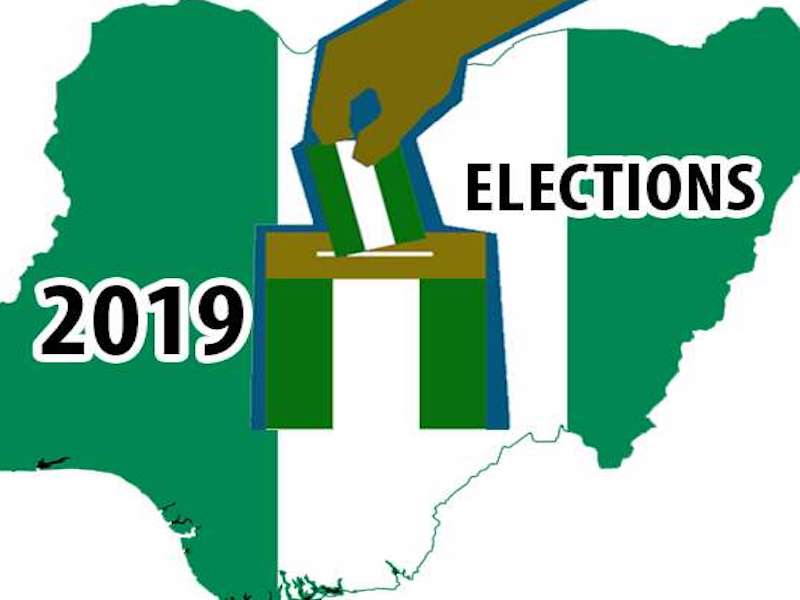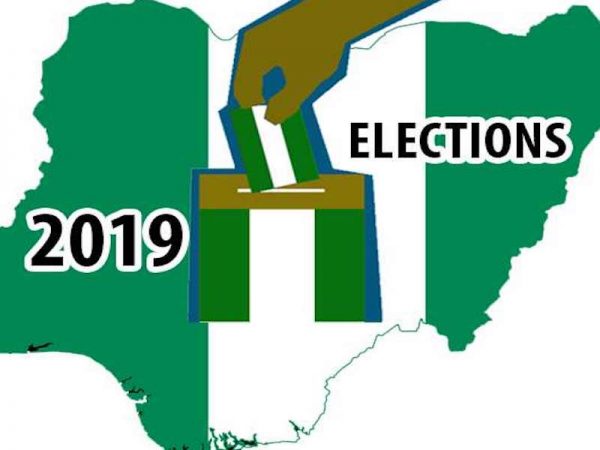It has been a subject of controversy in political discourse that opposition (Third Force) other than that from a major political party has a tendency of weakening the total votes cast against the incumbent party. Of course, there are tenable arguments for or against this notion but most of it is a strong argument. A united and cooperated opposition is usually more effective a force to reckon with in political swings.
Picture This:
Firstly, assume that all of Donald Duke, Kingsley Moghalu, Oby Ezekwesili, Fela Durotoye, Hashim Olawepo, Eunice Atuejide and many other presidential candidates of their respective opposition political parties stands a chance of securing an average of 50,000 votes each. Now if there were 10 of such opposition candidates who could muster 50,000 votes each from the assumed stronghold region of the PDP presidential candidate, Alhaji Atiku Abubakar, in the East and the West, that could be 500,000 votes deficit of the votes fencist electorate could have delivered in favour of Atiku. Thus, the tendency for this wave to swing in President Buhari’s favour would be quite high.
If you are still in doubt as to the damage a united opposition can do to an incumbent party, cast your mind back to the political machinations which culminated from mid-2013 into the elections in March 2015.
The Action Congress of Nigeria (ACN), Congress for Progressive Change (CPC), All Nigeria People’s Party (ANPP) and a faction of All Progressives Grand Alliance (APGA) merged to form the first biggest political opposition in Nigeria in August 2013. Since the fourth republic began in 1999, there has been opposition parties such as the Alliance for Democracy (AD), and/or the All Nigeria People’s Party (ANPP) – there was later ACN, CPC and Labour Party (LP) too. At best, most of the political weight these parties could muster was only limited to the regions where they were dominantly present.
The ACN had considerable influence in the Southwest, while the CPC and ANPP had more influence in the North. Other smaller parties such as APGA had some influence in the Southeast too. So the political guru Asiwaju Bola Ahmed Tinubu thought that if he could find a way to systemically unite and agglomerate some of these political parties with the ACN forming the bedrock, they stood a better chance of unseating the PDP behemoth which according to them had become a menace.
By late 2013, most of the negotiations were complete and the ground was set for a powerful opposition. The machinations to hack up the All Progressives Congress (APC) was arguably the most brilliant politically strategic move by the opposition in record time. The APC agglomeration eventually succeeded in unseating the one-time biggest political party in Africa from the top seat in government.
From the instances given, there is no gainsaying the fact that a united opposition only stands a chance at creating a nationwide swing in electoral outcomes. If same is true as it was in 2014/15 political season, how much more when the current opposition comprising a string of more than 20 political parties fighting for the trust of Nigerians and effectively splitting the votes with a major opposition party such as the PDP.
A classic example of the ineffectiveness of too many opposition parties unfolded recently when Michael Bloomberg, who contested alongside Donald Trump and Hilary Clinton in the 2016 USA presidential elections, re-registered as a Democratic Party member after having realised sticking with the Tea Party holds little leverage for his presidential ambition. If this is the reality in the United States, how much more is Nigeria which modelled its democracy after the American template?
Would the PDP be able to muster enough votes to counter the hundreds of thousands of votes which will be cast for the other opposition party candidates? The political manoeuvring that we shall witness in the coming 4 months surely holds an answer as to what fate betides the incumbents and the myriad disunited opposition.


